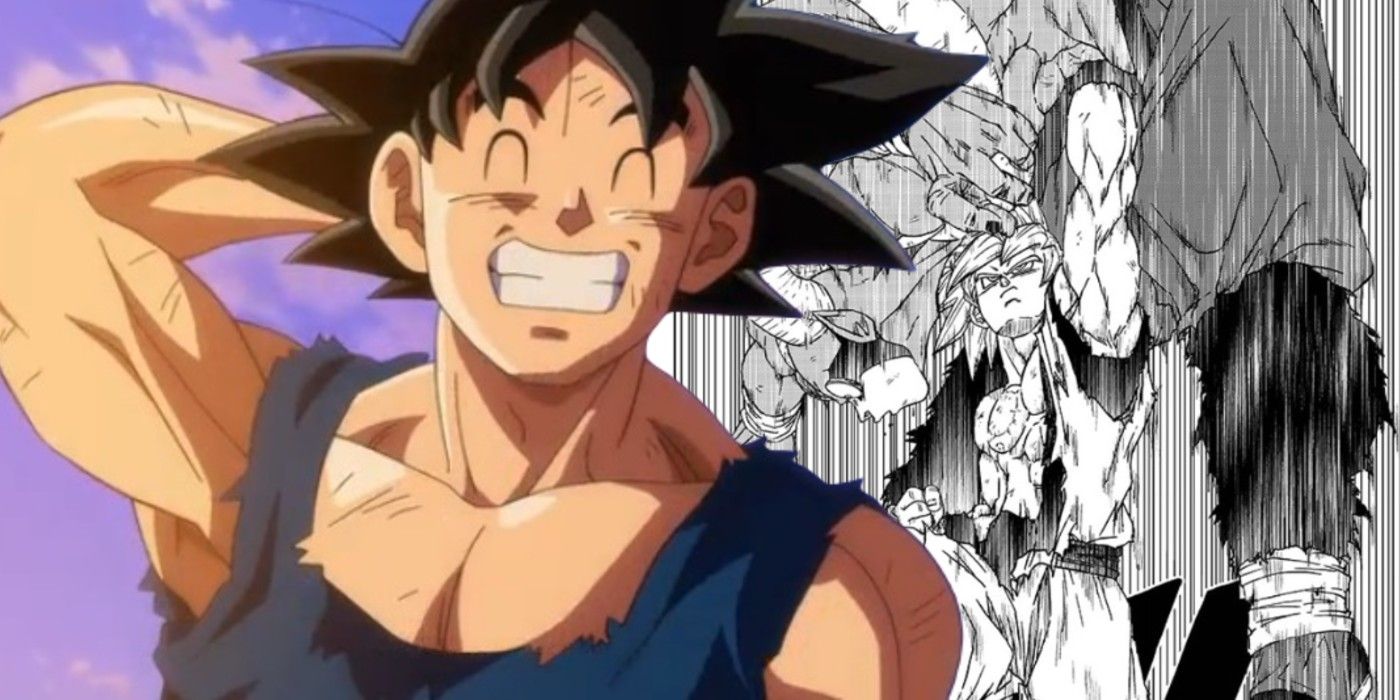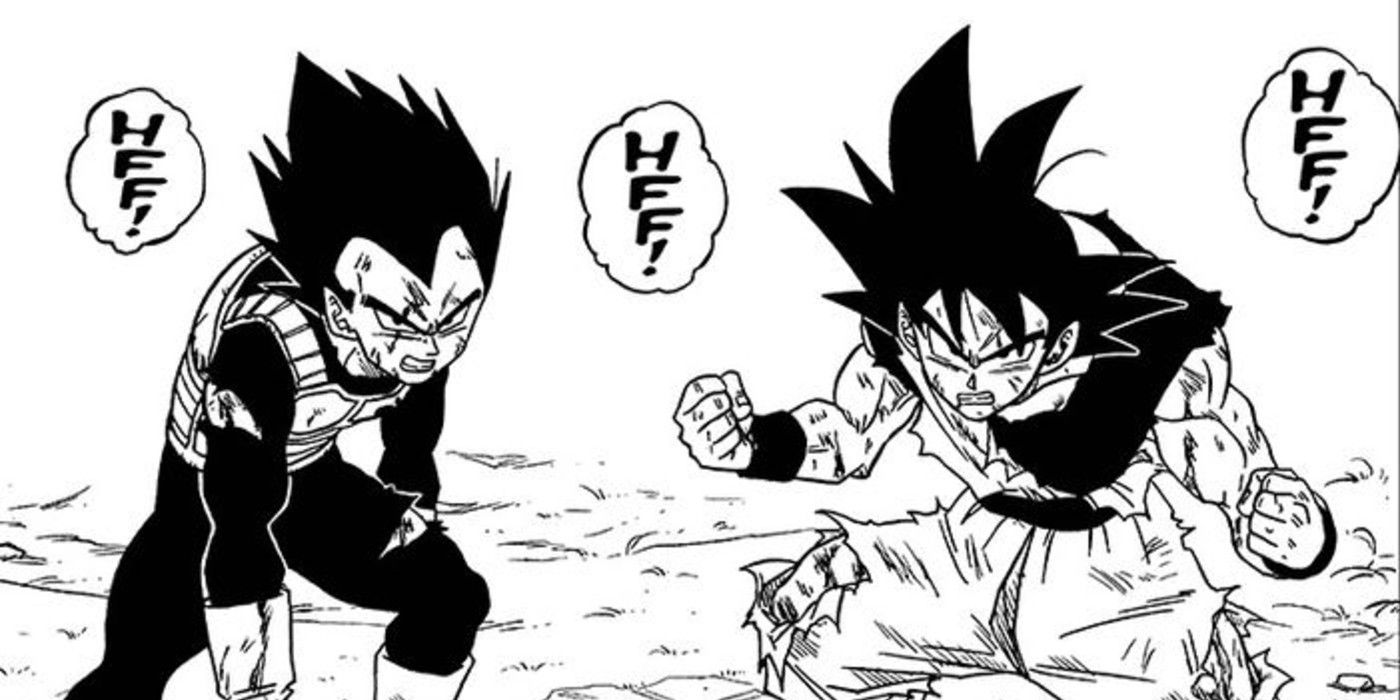
The second half of Dragon Ball Super's latest completed arc suffers the same unfortunate fate that has befallen countless others before in that its ending was just like any other Dragon Ball ending. Dragon Ball is the epitome of irony in the manga community as the very things that make the franchise successful are also its downfall. Earth's mightiest heroes are overly strong to an absurd degree (pretty much all of the Saiyans, but namely Goku and Vegeta), so each villain they face must therefore be even more powerful than they are for there to be any real peril. This then inevitably leads to the final battle devolving into outrageous explosions of asinine power-ups and ridiculous attacks.
At the beginning of the Galactic Patrol Prisoner Saga, it seemed as though mangaka Akira Toriyama had put everything imaginable in place that would prevent it from turning out exactly like his other arcs. The very premise is essentially the antithesis of the stereotypical Dragon Ball formula. Moro, the Planet-Eater, has finally broken free of his prison after millions of years, but lost most of his magic as a result. As such, he can't wield insane powers like Goku or Vegeta. Plus, he is old and decrepit. Moro therefore has to rely on Jedi-like powers that allow him to lift and throw random objects around (even his enemies) with an invisible force. This is incredibly refreshing because it isn't just another chi-based attack that involves powering up, announcing the name of the attack and then releasing a giant ball or wave of energy.
Of course, this technique is no match against Vegeta and Goku, but mangaka Toriyama seemed to have this covered, too. Moro soon reveals that he has the power to absorb the energy of both the planet and the people he's fighting, so the longer Moro engages in battle, the stronger he gets and the weaker his enemies become. For Goku and Vegeta, this means that they can't sustain their Super Saiyan transformations for very long. This makes it so either the two Saiyans have to learn how to win without going Super Saiyan, or another fighter gets to be the hero for once. For a while, it seems as though that hero might be Majin Buu. But that hope is soon dashed. At this point, Androids 17 and 18 could have saved the day because they don't possess chi and therefore can't have their powers absorbed. But by that time, Moro had already wished to regain the power that he had lost from the Dragon Balls and, of course, that makes him drastically more powerful than them.

All hope goes out the window when Goku and Moro gain additional abilities. First, Goku learns how to voluntarily tap into Ultra Instinct -Sign, allowing him to avoid Moro's absorption ability and stay in a powered-up state. Then, Moro absorbs an artificial being called Seven-Three that can copy the powers and abilities of another entity. So he pretty much becomes like every other super-powered Dragon Ball villain before him.
While unfortunate, there are some saving graces to the arc outside of the big boss battles, such as when Moro uses the Dragon Balls to release everyone incarcerated in the Galactic Prison. These freed prisoners get to fight characters who never see action, including Yamcha and Tien. Also, Vegeta masters an ability from Planet Yardrat that Goku tried and failed to learn, which is exciting for obvious reasons. But of course, Vegeta only uses this technique to help Goku save the day, not himself. All of this is aggravating because Toriyama presented so many opportunities that would have allowed the Galactic Patrol Prisoner Saga to do something innovative. But,in the end, he just couldn't follow through. There's, at least, still hope in Dragon Ball Super's Granolah the Survivor Saga. But perhaps fans shouldn't hold their breath.
from ScreenRant - Feed https://ift.tt/2T8fnMw


0 Comments